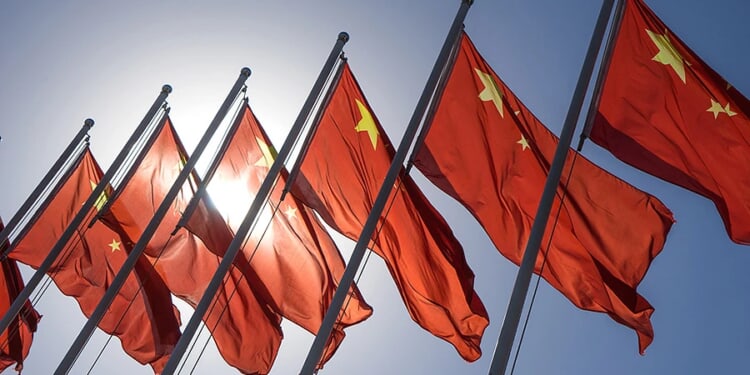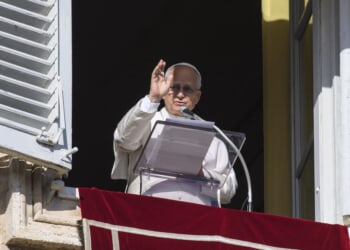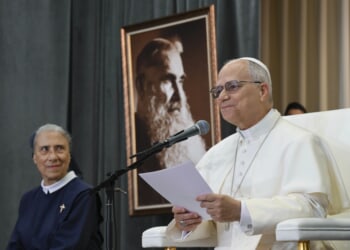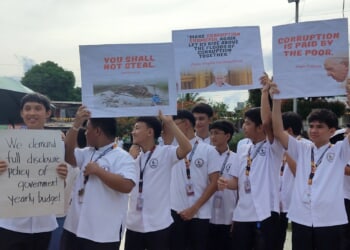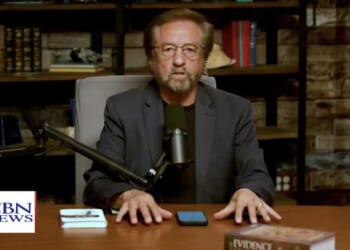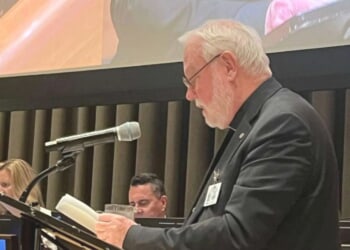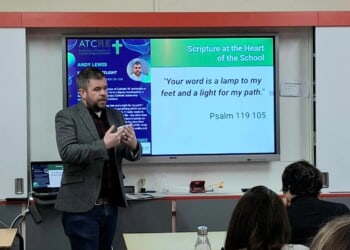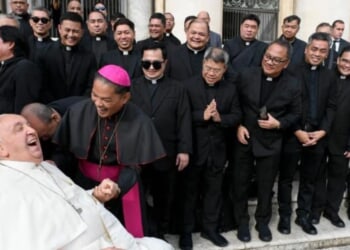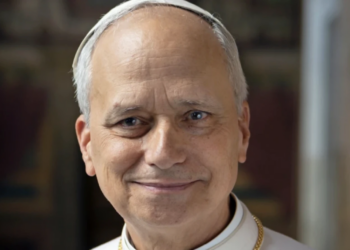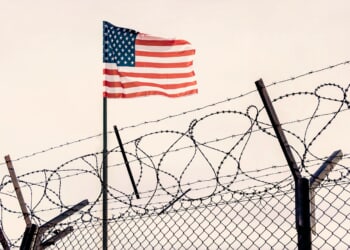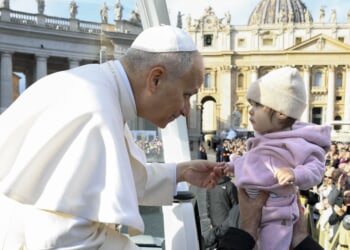Washington, D.C. Newsroom, Sep 30, 2025 /
16:45 pm
China tries to exert total control over religion, and the U.S. Department of State should redesignate China as a “country of particular concern” regarding religious freedom, according to reports by the United States Commission on International Religious Freedom (USCIRF).
USCIRF, a federal commission that monitors religious freedom worldwide, said China uses surveillance, fines, retribution against family members, imprisonment, enforced disappearance, torture, and other forms of abuse to control the Catholic Church and other religious communities in the nation. USCIRF issued an overview of the Chinese government’s persecution of religious leaders from various religious denominations this month.
In 2024, “religious freedom conditions in China remained among the worst in the world,” the USCIRF’s 2025 annual report said. USCIRF called for the State Department to renew its formal designation which can trigger legal action including diplomatic measures, sanctions, or international pressure. China has been redesignated as a country of particular concern nearly every year since 1999.
China used “high-tech surveillance outside places of worship and other means to repress religious freedom throughout the country,” the USCIRF wrote in its annual report. “It also weaponized transnational repression and disinformation by using emerging technologies to quash voices critical of the country’s religious freedom and related human rights violations,” the report said.
While the Vatican and China extended a provisional agreement on bishop appointments in 2024, the Chinese Communist Party (CCP) has intensified its “sinicization of religion” policy under President Xi Jinping that forces state-sanctioned religious groups to align their doctrines with the party’s political ideology. Many faithful communities hold underground religious gatherings because the country’s control over worship, publications, and finance is strong.
Authorities have threatened religious communities “to force them into silence,” the annual report said. The report detailed cases when Chinese authorities “detained, forcibly disappeared, or refused to disclose the whereabouts of underground Catholic clergy who declined to join the state-controlled Catholic organization.”
In a September report, USCIRF highlighted a case that began in February when authorities reportedly fined bishop Peter Shao Zhumin of the Diocese of Wenzhou, Zhejiang Province $27,880 for celebrating Mass in public. In March, police detained Shao for a week for refusing to pay the fine and then arrested him again just before Holy Week to prevent him from celebrating Masses.
In July, reports surfaced that authorities tried to force Shao to accept state-controlled Chinese Catholic Patriotic Association control by arresting and threatening religious and laypeople.
The whereabouts of several of the detained underground Catholics, including bishops James Su Zhimin and Joseph Zhang Weizhu, remain unknown.
Protestant churches faced similar punishments from law enforcement for refusing to join the state-controlled Protestant organization, USCIRF said. In turn, “police raided house churches and harassed, detained, fined, and imprisoned members on reportedly fabricated charges, including ‘fraud’ and ‘subversion.’”
After analyzing its findings, the USCIRF found: “Religious groups who refuse to submit to the government’s all-encompassing control over religious affairs face widespread persecution. State-controlled religious organizations implement sinicization through intrusive oversight and ‘Five-Year Sinicization Work Plans,’ which emphasize loyalty and conformity to [the Chinese Communist Party] ideological requirements.”
USCIRF’s recommendations
Besides calling for the country’s redesignation, the commission recommended the U.S. government with international partners sanction Chinese officials and entities responsible for “severe religious freedom violations.” It also called for working with partners to address China’s use of technology to commit religious freedom violations as defined by the International Religious Freedom Act, especially in regard to developing technologies and artificial intelligence.
Congress should “consider legislation to tighten restrictions on China’s use of technologies that facilitate human rights abuses and suppression of freedom of religion or belief” and “ban paid lobbying in the United States by agents representing the Chinese government,” the report said.
The State Department did not immediately reply to a request for comment.

